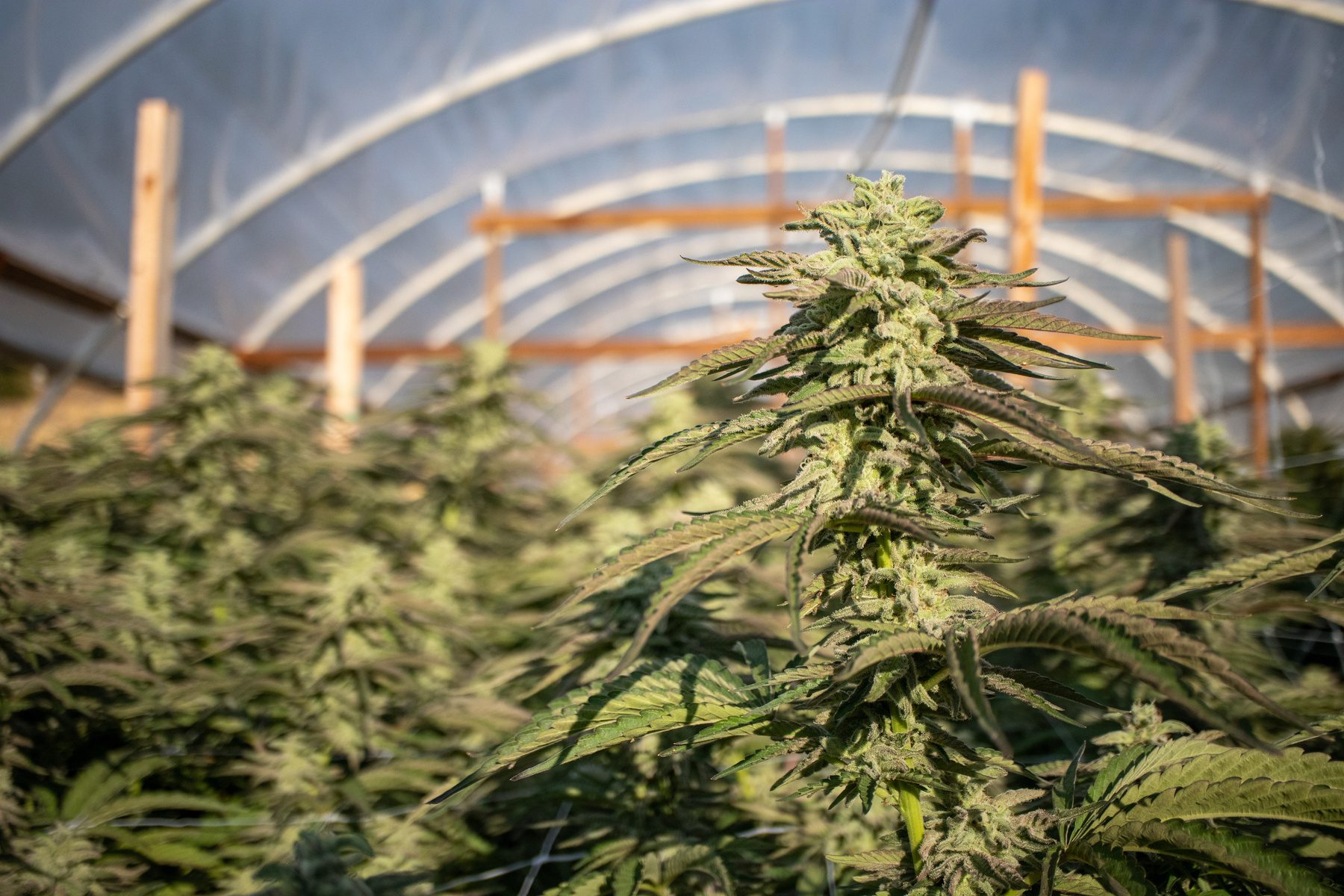
Cannabis waste management in Maine is governed by the state’s Department of Environmental Protection (DEP), following established Solid Waste Management Rules for proper disposal. Cannabis waste is all material byproducts resulting from cannabis cultivation and production activities that are not marketed for medical use or adult use.
Maine’s DEP rules regulate waste generated by licensed cannabis cultivation facilities, product manufacturing facilities, testing facilities, sample collectors, and stores where the waste from cannabis and cannabis components is generated. Examples of cannabis waste include any growing materials used in cultivation, excess cannabis chaff in production, i.e., the trimmings, stems, and stocks, unused or expired cannabis products like edibles, and unused cannabis paraphernalia such as packaging, vape pens, or containers.
Though cannabis is an organic product, cannabis cultivation, and production activities can generate wastes that may be nonhazardous or hazardous. If cannabis waste is hazardous, it must be disposed of differently in compliance with federal, state, and local regulations. Whether hazardous or not, businesses must make these items unusable and unrecognizable before disposal. Therefore, how cannabis waste is disposed of depends on the way the waste is produced or generated.
Non-Hazardous Cannabis Waste Disposal
For disposal of nonhazardous cannabis waste, all cannabis licensees in the State of Maine are encouraged to practice sustainable Best Management Practices (BMP) in such ways as to dispose of waste through composting. Composting can be done at the facility in which the cannabis cultivation is located, or it can be taken to an agricultural composting operation site. On-farm composting or off-farm composting of cannabis waste is encouraged as long as the process follows regulatory guidelines and the waste does not contain any solvents or chemical extraction agents used in producing cannabis products.
Composting operations must meet regulatory-based exemptions, and the waste must be rendered unusable, meaning that the non-salable marijuana trimmings and plant matter must be ground and mixed at a 50:50 ratio with other organic waste materials such as those from other cultivated agricultural byproducts or manure. The content of the plant’s psychoactive compound THC (Tetrahydrocannabinol) must also be adequately degraded to 0.3% or less to allow unregulated use of the final compost product. By adhering to regulations, composted cannabis waste material can be returned to the soil as fertilizer and, as it is considered agricultural waste, is exempt from further regulation by the DEP.
Organic cannabis wastes may also be composted off-farm as a Type 1A Residual, a classification of wastes from a known source that does not contain hazardous substances. The waste must be transported to the composting facility by a state-authorized entity such as licensed companies, individuals, or law enforcement officials. Facilities offering off-farm composting may only accept 10 cubic yards or less of cannabis waste in any 30-day consecutive period or obtain a DEP compost facility license.
Finally, organic cannabis waste may be disposed of at DEP-licensed municipal solid waste landfills or incinerators. Cannabis waste can also be processed at aerobic digestion facilities licensed to accept such materials from municipal solid waste streams.
Hazardous Cannabis Waste Disposal
Though cannabis plants and trimmings are not considered hazardous, certain production processes can produce hazardous waste. Some extraction processes of THC and CBD (cannabidiol) oils utilize flammable, toxic, or other dangerous solvent materials.
Of particular concern is ethanol, propane, butane, and methane. These solvents are typically used as chemical extraction agents and can render the resulting cannabis waste hazardous in solid or liquid form. For example, butane honey oil solutions used to draw resin from cannabis buds is a highly flammable, hazardous material with a low flash point. The extraction waste must be properly disposed of as a hazardous material.
Cannabis testing labs and grow rooms typically generate hazardous waste while conducting or performing routine material analyses. Hazardous waste can also be generated during secondary distillation processes used to extract cannabinoid compounds from the plant. Any cannabis waste containing chemical extraction agents is considered hazardous waste, subject to Maine’s DEP Hazardous Waste Management Rules regulations, and must be disposed of properly.
Proper disposal of cannabis waste, whether hazardous or nonhazardous, is the responsibility of all licensed cannabis parties involved in the cultivation, production, testing, and selling of cannabis products. Farmers, manufacturers, scientists, and merchants must comply with state laws.
Contact the Experts at Maine Labpack
All hazardous and nonhazardous cannabis waste must be disposed of properly according to Maine State cannabis waste regulations. If you are a cannabis generator with waste disposable needs, Maine Labpack provides cannabis waste management and dispensary recycling services per regulations under the DEP’s Solid Waste Management Rules. We offer generators comprehensive waste analysis and disposal for hazardous and nonhazardous cannabis waste. Contact Maine Labpack today for more information or to discuss your cannabis waste disposal needs and requirements.
